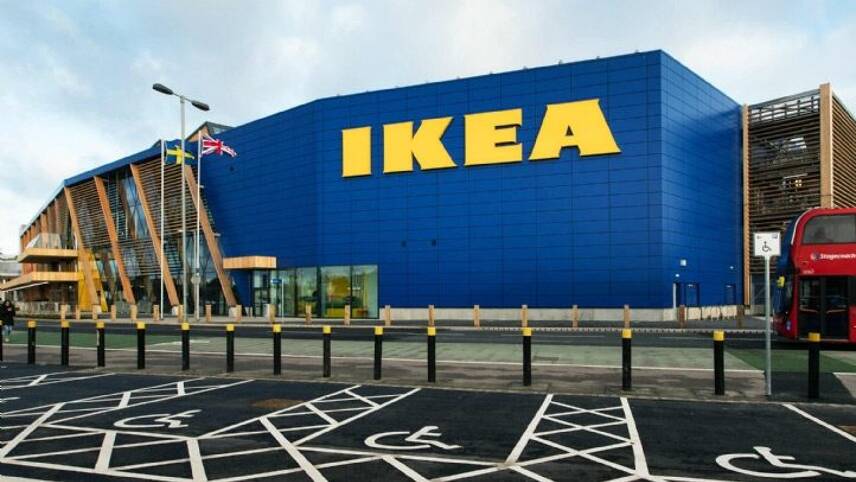Register for free and continue reading
Join our growing army of changemakers and get unlimited access to our premium content

Pictured: Ikea's Greenwich store
Ikea has joined the CanopyStyle initiative to ensure that it only purchases viscose for its home textiles product ranges from producers that have engaged with the non-profit and achieved the highest ranking for environmental practices.
Suppliers will be chosen based on the rankings from Canopy’s Hot Button Report, with a specific focus on deforestation-free approaches and practices that protect ancient and endangered woodland.
Currently, more than 500 global brands are sourcing via the initiative. These same brands have combined annual revenues of over $850bn, driving demand for sustainable supply chains. The initiative has seen 55% of the global viscose supply qualify for ‘green shirt’ status, and 76% of the global supply voluntarily undergoing audits to confirm and address any risk of sourcing from Ancient and Endangered Forests.
Ikea is the first major retailer focused on the home textile and furnishing space to join CanopyStyle.
“At Ikea, we are guided by our forest agenda and want to ramp up our work to further enhance biodiversity, mitigate climate change and drive innovation to use wood in even smarter ways – as the pressure on the world’s forests continues to grow. In this endeavour, we are glad to work closely with Canopy and all of the retailers united through this initiative,” Ikea’s material and innovation area manager Lena Bischoff said.
“The home textiles sector needs to step-up and ensure that the forest-derived textiles, like viscose and lyocell, only come from responsibly managed forests, and make a shift towards lower-impact alternatives.”
The viscose supply chain has an unwelcome history of poor environmental performance. Annual update reports from the Changing Markets Foundation, for example, have found that Chinese viscose suppliers were “picking and choosing” between environmental standards. China notably accounts for 63% of global viscose production.
A report from the Foundation claims that companies to have used Chinese viscose factories are allowing their manufacturers to deliver viscose-based products with little information on their origin or environmental impact.
Nature Positive Pledge
Ikea’s announcement comes as a host of major businesses have signed up to a new “nature positive pledge” to attempt to reverse biodiversity loss and promote restoration.
The Nature Positive Business Pledge was launched on Thursday (3 March) and has been signed by major organisations including BAM UK & Ireland, South Western Railway, WSP, Wales & West Utilities and RSPB.
Signatories are expected to develop a Nature Positive Plan which includes undertaking a materiality assessment to identify where and how the organisation depends on and impacts nature and then act to protect and restore.
The pledge has been developed by a partnership of the UK Business & Biodiversity Forum, IEMA, RSPB, WSP, the Aldersgate Group and ICC United Kingdom.
The UK Business & Biodiversity Forum’s chair and director, Mark Johnston said: “Transformative and collective action is urgently needed to reverse the loss of biodiversity. Businesses play a critical role in making this happen, and this Nature Positive Business Pledge provides the necessary clarity on what is needed.”
For edie’s Business Leadership Month, Canopy’s executive director Nicole Rycroft explored the role that the private sector has to play in helping eliminate deforestation from global supply chains for good. Read the piece here.


Please login or Register to leave a comment.